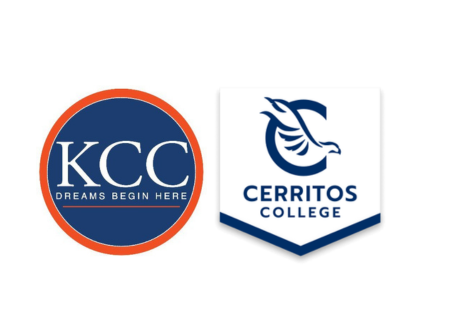Hypothesis for Higher Education
Hypothesis transforms traditional learning by letting students and teachers highlight and discuss course materials together. Through online annotations, Hypothesis builds stronger reading skills, fosters critical thinking, and creates a more engaged classroom community, no matter where learning happens.
Make learning more active, visible, and social.
Social annotation enhances every course by adding a new, engaging dimension to learning. With Hypothesis, educators and students work together to improve reading proficiency and critical thinking skills.
Social Annotation for Enhanced Learning
With Hypothesis, social annotation is integrated directly into existing course content, enabling students to:
- Develop foundational and advanced skills in reading, writing, and critical thinking.
- Build connections that support the community both within the class and across the campus.
- Encourage peer-to-peer learning and strengthen digital collaboration skills.
- Provide instructors with ongoing insights into student engagement and comprehension.
Case Studies: Impact in Action
Discover how Hypothesis is transforming education through real-world examples from institutions already using social annotation. Learn about the measurable impact Hypothesis is having on both teaching and learning.

Indiana University Transforms the First-year Experience with Hypothesis
Learn More
Increasing Student Engagement by 5X: The Power of Hypothesis and VitalSource
Learn More
Enhancing Academic Success with Hypothesis: A Case Study of Cerritos College and CUNY Kingsborough
Learn MoreResources
Explore our curated collection of videos, assignments, and grading rubrics to inspire new ways of incorporating social annotation into your courses.’
Videos
Assignments
Rubrics
Get Access to Our E-Book!Harnessing the Power of Social Annotation at Higher Education Institutions |
Fill out the form for instant access: |
Want to get started?
Fill up the form and start using Social Annotation in your courses!


